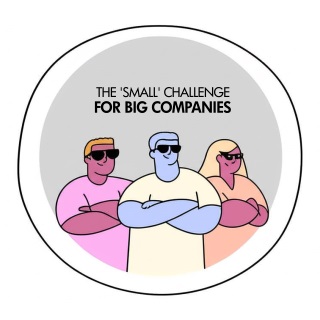 In 2023, a video of the Dalai Lama interacting with a young boy at a public event in India ignited global outrage. The footage showed him kissing the child on the lips, then extending his tongue and telling the boy to “suck my tongue.” The reaction was immediate and visceral; across cultures, people found the moment disturbing and profoundly inappropriate.
In 2023, a video of the Dalai Lama interacting with a young boy at a public event in India ignited global outrage. The footage showed him kissing the child on the lips, then extending his tongue and telling the boy to “suck my tongue.” The reaction was immediate and visceral; across cultures, people found the moment disturbing and profoundly inappropriate.
His office issued an apology and invoked cultural context. Defenders pointed to a Tibetan custom in which sticking out one’s tongue is a gesture of respect, an old practice tied to the 9th-century tyrant Lang Darma, whose black tongue became a symbol of malevolence. After his death, Tibetans briefly exposed their tongues to show they were not his reincarnation, a gesture that evolved into a sign of sincerity.
But the phrase uttered in 2023 had no connection to that tradition, and there’s no “sucking” involved in the Tibetan practice of sticking out one’s tongue in greeting.
And even if the Dalai Lama, an elderly spiritual figure known for his playful demeanor, intended the moment as harmless warmth, intention could not neutralize the optics. As a global leader, his “place” is no longer a monastery; it is the global stage, where every gesture is interpreted through a worldwide semiotic field. The incident became a lightning rod for debates about cultural relativism, the limits of intention, and the way symbols mutate across borders.
More importantly, the harm was not abstract. The optics themselves caused real damage to the child’s dignity, to public trust, and to the moral authority of a figure whose influence extends far beyond his tradition. No contextual explanation could override the intuitive recoil. Some behaviors, regardless of cultural lineage, trigger near-universal moral instincts.
The episode exposes the friction between divergent cultural operating systems in an interconnected world, but it also reveals the limits of relativism. Morality may be shaped by upbringing, but its foundations are not infinitely elastic. When a gesture crosses a line most humans recognize instinctively, tradition cannot serve as a shield.
Idea for Impact: Tradition excuses nothing. Morality may shift from one society to another, often amounting to little more than the habits a culture has chosen to bless. But that variability has limits. Not every strange or unsettling act can be waved away with appeals to heritage or upbringing; at some point, tradition stops being an explanation and becomes an evasion.

 BlaBlaCar’s deliberate decision not to expand into the United States underscores how cultural fault lines can impede the global flow of innovation. The French platform has
BlaBlaCar’s deliberate decision not to expand into the United States underscores how cultural fault lines can impede the global flow of innovation. The French platform has 
 What struck me most in Penang is how Confucian values—often dismissed as rigid—are anything but. They
What struck me most in Penang is how Confucian values—often dismissed as rigid—are anything but. They  Starbucks has long been celebrated for its progressive image and support of social justice causes. But when it comes to unionization and better benefits, the company’s actions tell a different story. Internal policies—like
Starbucks has long been celebrated for its progressive image and support of social justice causes. But when it comes to unionization and better benefits, the company’s actions tell a different story. Internal policies—like  In
In .jpg)

 As this case study illustrates, the concept of humility in Asian cultures may
As this case study illustrates, the concept of humility in Asian cultures may  A culture of respect involves a pervasive attitude and a set of behaviors that uphold the dignity, worth, and boundaries of every individual.
A culture of respect involves a pervasive attitude and a set of behaviors that uphold the dignity, worth, and boundaries of every individual. From
From